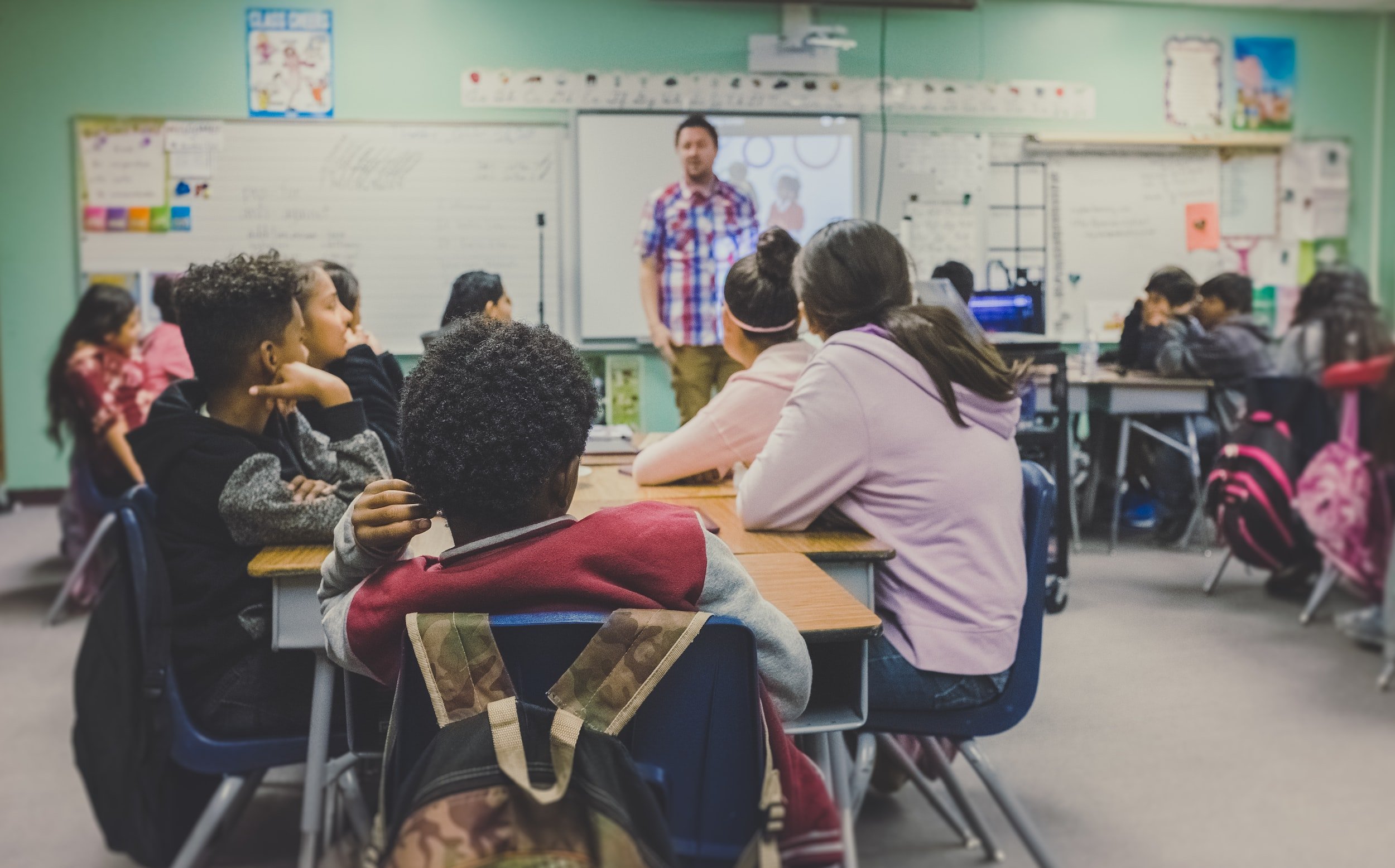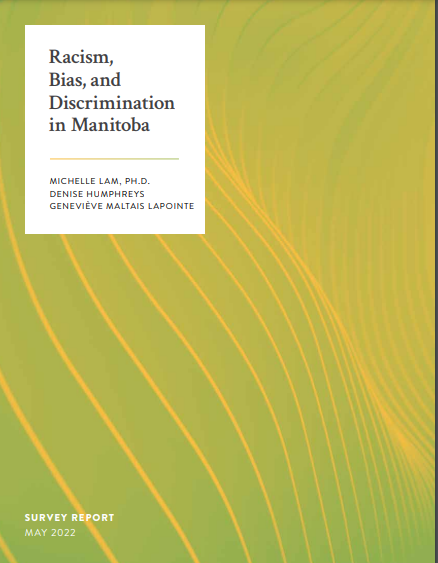BU CARES Research Priority Area
Anti-Racism
Note: This project is cross-posted with The Story Grounds research lab.
Real Stories. Real Pain. Real Strength.
84% of Manitobans say racism is a real problem.
It’s time for #RealChange.
In search of a better life.
Like most immigrants to Manitoba, Mary Peros has professional qualifications and skills.
“As of the 2016 Census, 4 in 10 immigrants aged 25 to 64 had a bachelor's degree or higher. In comparison, just under one-quarter of the Canadian-born population aged 25 to 64 had a bachelor's degree or higher.” (source)
The choices we don’t make.
“As long as the black person is present in the white space, he or she is like to be ‘on,’ performing before a highly judgmental but socially distant audience... In the general scheme of the white space, it matters little whether such acute disrespect is intended or unintended. The injury most often has the same effect" Anderson, The White Space, 2015, p. 14-15
Can’t Dim My Light
Islamophobia impacts the lives of many in Manitoba.
Friendly Manitoba
In the initial survey for this project, 97% of Indigenous respondents agreed with the statement, “Racism is a problem in my area.”
We have curated toolkits of resources for healing from racism, responding to racism, and learning about racism that accompany each film. The toolkits prioritize resources created by people who experience racism themselves.

Add your voice.
See something we missed? Have a resource you’d like to share? Used the films in your classroom? We want to hear from you!
Join the Conversation
FAQs
Where did these videos come from? Who funded them?
These videos were created as part of a 2-year research project, funded through Canadian Heritage’s call for Anti-Racist Action Plans. Our research team at Brandon University wondered if, since vitriol seems to go viral so easily, might we be able to produce research-based, educational videos that can occupy the same online spaces? We conducted a survey of 500 Manitobans, asking them to share their experiences with racism. Based on those responses, we wrote scripts, tested them in focus groups, and then hired filmmakers to make each film.
What is BU CARES?
BU CARES is a research centre in the Faculty of Education at Brandon University. We promote the well-being of rural and Indigenous students by facilitating and promoting community-engaged, action-focused education research projects. The purpose of a research centre is to engage in research, study or other academic focus in specific areas and to encourage research collaborations among disciplines and between departments, faculties, and schools. Research centres also provide unique training opportunities for students and serve as a valuable information source for the community at large. We are accountable through our Director to the Dean of the Faculty of Education, who in turn reports to the Vice-President (Academic & Research). Our advisory committee provides ongoing advice on the centre’s activities and programs.
Can I use these videos in my class, workshop, or organization?
Yes! The videos are free and publically available. We have created a facilitator guide to help make them useful, but please feel free to use them in ways that make sense for your context. We’d also love to hear how they are being used, so if you have time to drop us a line, we’d appreciate it!
Who is the target audience for these films?
While the characters portrayed in the films are from a specific cultural background, the films are not only meant for that background. The films are meant to be free educational content that can be used in a variety of contexts. The films are meant for both people who see themselves and/or their experiences represented in the films, as well as people outside these backgrounds and experiences, who can learn from hearing the stories of others.
How are these films promoted on social media?
We have employed a social media coordinator, who has launched a multi-platform approach. The films are available and actively promoted on YouTube, Facebook, Instagram, Twitter, and TikTok.
Now what? How can I get involved?
There are many ways to get started. You can take a look at the toolkits of resources created for each video - these are a curated compilation of educational resources, support resources, and activism. You may also be interested in this campaign: https://www.unifor.org/campaigns/all-campaigns/manitoba-needs-adopt-anti-racism-plan
What is the purpose of these films?
Our purpose is two-fold: 1) We want to put research-based educational content out that can be freely available to be used and adapted in multiple contexts, and 2) We want to further research knowledge by understanding the responses to this type of content, when promoted online.
What is racism?
We have a more fulsome definition in the #RealChange Facilitator’s Guide. However, our working definition of racism is that of an umbrella term that encompasses all acts of othering, bias, discrimination, microaggressions, and subtle acts of exclusion.




























